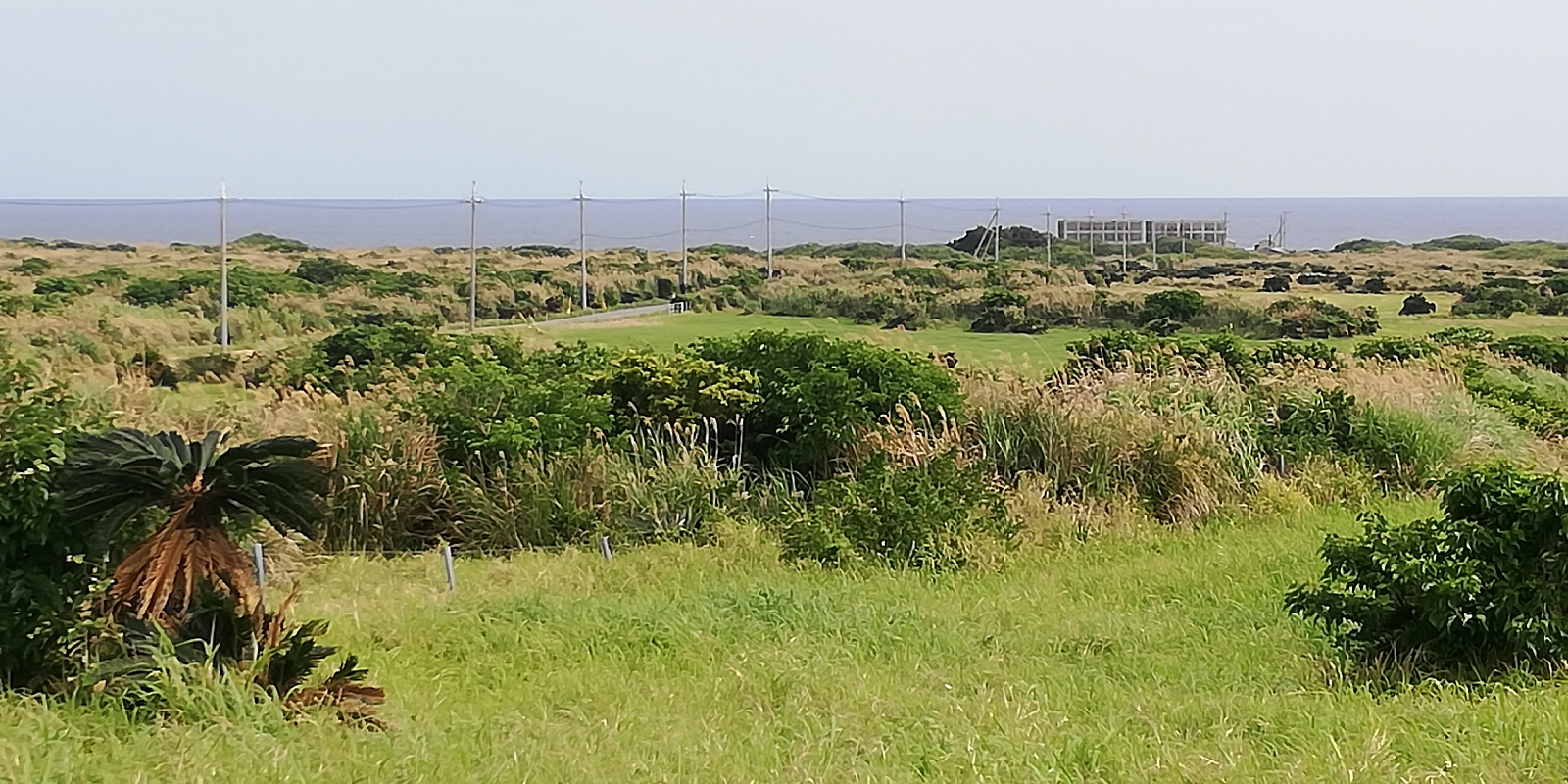Aguni-no-Shio - blessing of the sea
Naha, the regional capital of Okinawa prefecture, serves as a gateway to scattered islands east and west. There are three ports forming a kind of ferry hub.
Shipping into Tomari port back from the Kerama islands, the new Aguni ferry was already docked next the Kume ferry for tomorrow's trip - both of them providing a daily service.
I decided to visit Aguni-jima - not much bigger than 7 square kilometers and just under 1000 inhabitants - because of the production of one of the most common food additives: salt. However, Aguni island salt is not any salt, but produced according to a unique and traditional method.
In good mood after arrival I had my lunchbox first. Next checking one of the Minshukus for two nights accommodation. But I forgot already the hardship people were having due to Covid19. All four on my list were closed, as guests outside the main season are almost exclusively Japanese coming for diving, and travel restrictions for remote islands were lifted only recently (but are still present in mind). The only guesthouse right next the port could only offer a room for one night. A few service workers from Okinawa will arrive for maintenance of local infrastructure - so i'll be back to Naha on tomorrow's ferry.
Well, the island isn't big, nor was my intended program - tasting the Aguni-no-Shio! In addition, the guesthouse only offers a rate that includes dinner and breakfast (for 7500¥), what is above my daily average expenditures. So I found my inner peace: one night in a nice place and local dishes for dinner.
But back to my plan to visit the Okinawa Sea Salt Research Institute to know more about this natural salt with plenty of minerals.
Seawater bittern (minerals) is used, so Aguni salt has a distinctive complex taste that is deliciously sweet and salty at the same time.
In this unique and traditional method, seawater trickles down along 16000 bamboo poles (hanging upside down), exposed to air and solar heat, evaporating the water content.
This process is repeated many times and onwards moved to a flat cauldron where it slowly crystallizes over a wood fire. With this process, a healthy salt is produced with 25% mineral content.
'Aguni-no-Shio' has gained fame with chefs around the globe, as this slightly moist natural salt does not have a hard salty taste, but a distinctive light, mellow flavour. Don't worry, I won't tell you the price. But probably you won't ever serve a 'salty soup' your guests - Aguni-no-Shio is just too precious.










Comments
Post a Comment